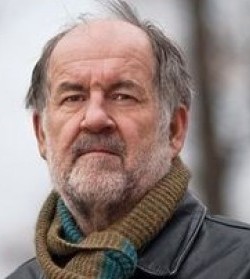Google Translate
New Content Alerts
User login
Recent Stories
-
August 25, 2017, 2:58 pm
-
August 23, 2017, 3:13 pm
-
March 13, 2017, 4:11 pm
-
December 19, 2016, 12:00 pm
-
December 13, 2016, 12:09 pm
The Cycle of Life
The story of carbon dioxide, the essential life-giving gas that feeds all life. Contrary to everything we have been told, our planet is currently suffering a carbon famine, with deadly consequences for the poor and for wildlife.
This is the book every environmentalist and lover of wildlife really needs to read! (Click to read more.)
Climate Research
For researchers: How to download BOM historic temperature data.
FeedBurner Email Alerts
Peace Legacy feeds
Get the Book
Free E-book

at the site that is all about the Principle of Goodness principleofgoodness.net

 Steve McIntyre, one of the two researchers who exposed the faulty statistics behind the infamous "hockey stick" temperature curve which attempted to write the medieval warm period and the little ice age from the pages of history, has been
Steve McIntyre, one of the two researchers who exposed the faulty statistics behind the infamous "hockey stick" temperature curve which attempted to write the medieval warm period and the little ice age from the pages of history, has been 
Recent comments
9 years 2 weeks ago
9 years 13 weeks ago
9 years 13 weeks ago
9 years 13 weeks ago
9 years 14 weeks ago
9 years 15 weeks ago
9 years 16 weeks ago
9 years 16 weeks ago
9 years 16 weeks ago
9 years 16 weeks ago